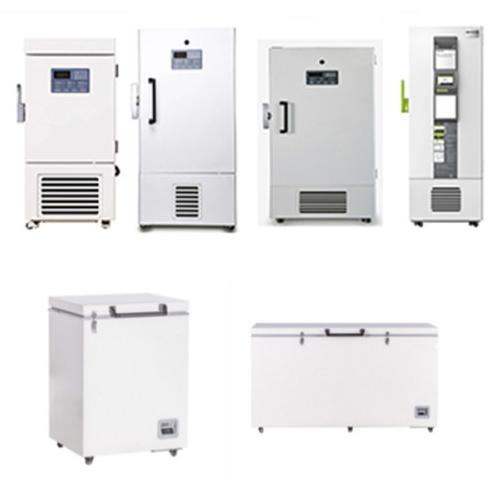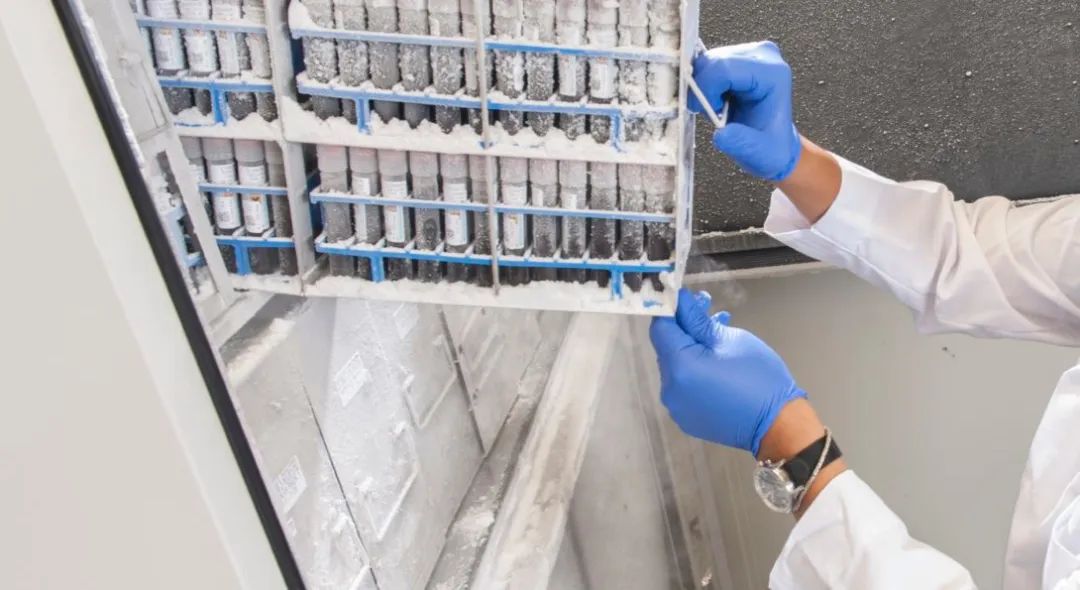Ultra-low temperature freezers, also known as ULT freezers, play a crucial role in scientific research by providing a reliable and consistent storage solution for samples at extremely low temperatures. These specialized refrigeration systems are designed with a focus on achieving and maintaining temperatures as low as -86°C. The construction of ultra-low temperature freezers involves heavy-duty insulation, high-quality materials, and advanced refrigeration systems, with the cascade refrigeration system being the most commonly used for achieving ultra-low temperatures.

These freezers are essential for various applications in scientific and research contexts, including biomedical research, pharmaceuticals, clinical laboratories, forensics, and environmental research. In biomedical research, ULT freezers preserve biological samples such as tissues, cells, blood, and plasma. In the pharmaceutical industry, they are critical for storing sensitive medications and vaccines. Clinical laboratories use these freezers to store patient samples for diagnostic tests, while in forensics, they are employed to keep biological evidence intact for DNA profiling and other forensic studies. ULT freezers also contribute to environmental research by preserving samples like soil, water, and air for long-term analysis.

The advantages of ultra-low temperature freezers include their ability to preserve samples for extended periods without degradation, their reliability with superior temperature control systems, and their adaptability to hold various sample types and sizes. Energy efficiency is addressed through features like high-efficiency compressors, improved insulation, and LED lighting. Additionally, advanced features such as touch-screen interfaces, remote monitoring, and backup power supply options enhance convenience and ease of use.
When choosing ultra-low temperature laboratory freezers, researchers need to consider factors like cost, energy consumption, space requirements, and maintenance. Prices can vary, and researchers must evaluate their budget and funding availability. Energy consumption is a significant consideration due to operational costs, and researchers should opt for energy-efficient models when possible. The physical space available in the laboratory must be assessed for proper installation and ventilation. Regular maintenance, including defrosting, cleaning, and temperature sensor calibration, is necessary for ensuring optimal operation and accurate temperature management.
In summary, ultra-low temperature freezers which provide the necessary conditions for the consistent and dependable storage of samples at ultra-cold temperatures, are indispensable tools in contemporary scientific research.

